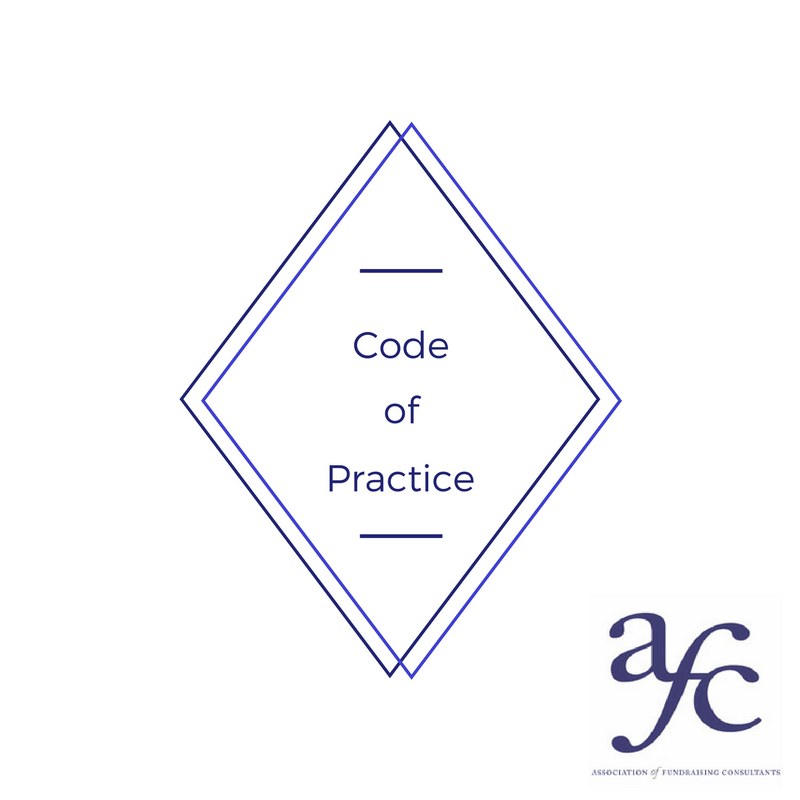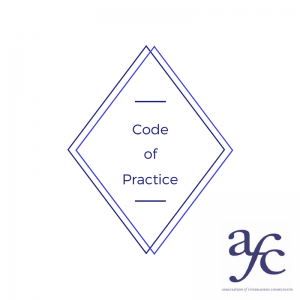The environment remains tough for charities but raising funds is still key

In the aftermath of the 2008 financial crisis charities have been squeezed. In fact, austerity delivered a double whammy to the sector. Just as central and local government grants were being cut, public organizations were also reducing the level of services they provide to groups such as the homeless, disabled, children, domestic abuse victims or families needing extra support. Charities were then expected to step in and take up the slack.
Volunteers are being put off by the increasing legislative burden such as safeguarding, data protection and GDPR, accounting rules and paperwork.
Politicians now jockey for position as a General Election approaches and claim that austerity is over. Unfortunately, there’s been a lag between promises of more money and delivery. In fact, councils are still having to find savings and introducing new charges for some services to make ends meet. This is why fundraising is still so critical to all charities.
Stefan Lipa, head of Stefan Lipa Consultancy, provides some helpful tips on how a charity can continue to keep funds flowing in his latest blog ‘ The environment remains tough for charities but raising funds is still key’.















Recent Comments